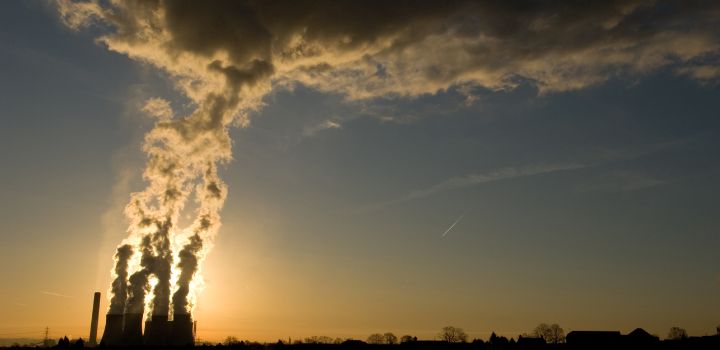Work commences at the iconic Lasdun Wall
By: Communications

UEA’s Vice Chancellor Prof David Maguire and senior leaders from across the project including main contractor Mace, Lead Consultant Rider Levett Bucknall, architects Shepheard Epstein Hunter, and partners gathered to formally mark the start of works being underway at the Lasdun Wall.
The transformational development will update and radically improve the Grade 2 listed building, providing modern science research laboratories and new teaching and learning facilities.
Image: CGI of the exterior of Building 3 after work has been completed
The build, which is scheduled to be completed in 2027, will create hundreds of local jobs and employ 33 apprentices as part of a diverse workforce, with a focus on employing women and people with disabilities and 35% local procurement. Additionally, it will deliver a raft of impactful volunteering, fundraising, and school outreach projects. The total economic impact is expected to be £184m. 
Image: CGI of the interior of Building 3 after work has been completed
UEA Vice Chancellor Prof David Maguire said :"The Lasdun Wall is a major contributor to our carbon footprint, so this project is a significant step forward in our plans to create a campus fit for the future which meets our carbon net zero aims. This project also underpins our strategic priorities to deliver a first-class student experience, exceptional teaching, and world-leading research."
The development will improve the UEA’s campus through new landscaping and accessibility enhancements, and will help UEA deliver its ambition to be a net zero campus through increasing the thermal efficiency of the building by more than 85%.
You can read more about the Lasdun Wall development here.
Related Articles

UEA’s grant and funding success – February 2026
Discover the latest research and funding grant successes happening within the University of East Anglia.
Read more
DOE climate report ‘demonstrably incorrect’, say leading scientists in new analysis
A leading climate scientist has sought to set the record straight over “demonstrably incorrect” claims made in a major US government report that misrepresented his work and downplayed the role of human activity in global warming.
Read more
A wheely good fundraiser for Norwich sanctuary seekers
UEA University of Sanctuary and the Norwich Bicycle Repair Cooperative have joined forces to provide bikes and parts to Norwich asylum seekers and refugees.
Read more